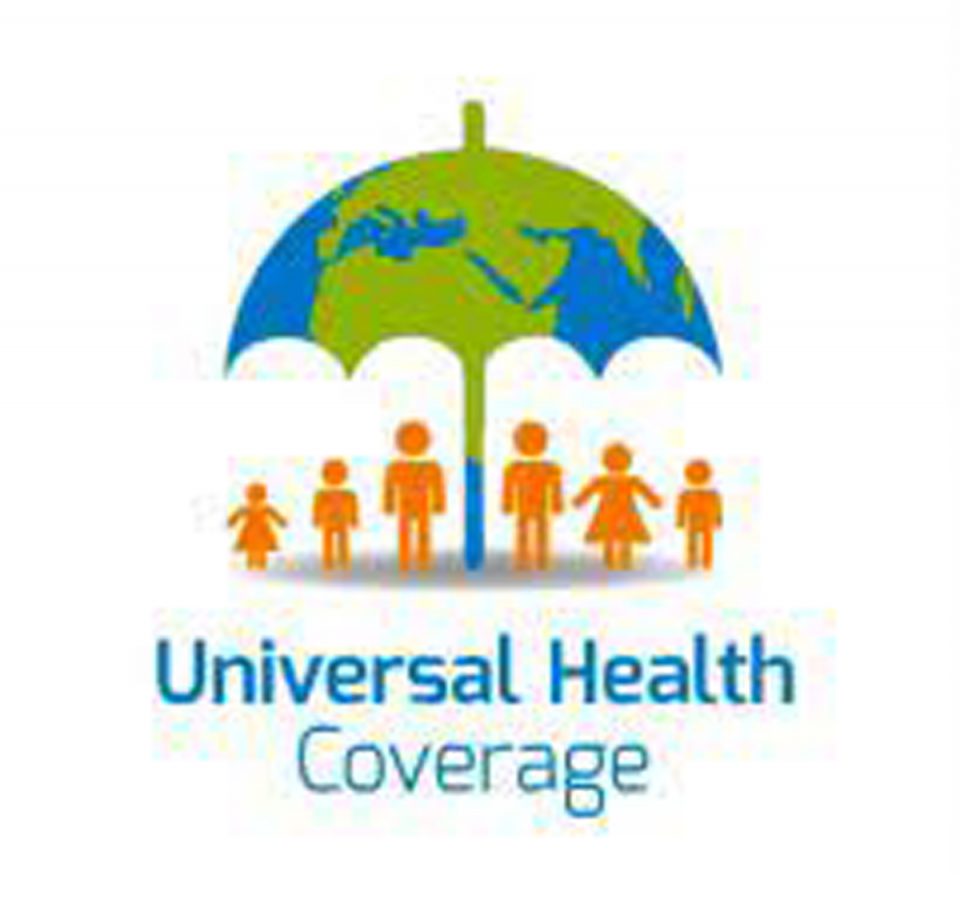Considering the impact of COVID-19 on developing economies, which has worsened their debt situation, participants at the just concluded Nigeria COVID-19 summit has stressed the need for Nigeria to galvanise other nations to call for debt relief so that resources could be channelled towards building the national bio-security and ensuring Universal Health Coverage (UHC).
They also urged the Federal Government to consider building a structure for the management of national bio-security in view of the global experiences from the COVID-19 pandemic.
In a communiqué issued yesterday in Abuja, the participants observed that Nigeria should enlist the support of African countries in the collaborative process to end the COVID-19 pandemic on the continent and build back stronger public health systems, adding that the current level of engagement with the organised private sector in strengthening the health sector should be encouraged and sustained.
The communiqué read, “For impact measurement and effective evaluation of the national response, the collaboration between national and sub-national entities should be strengthened. In line with current global practice and recognising the persisting threat of COVID-19, the coordination structure under the Presidential Steering Committee should be sustained.
“The capacity and numbers of human resources for health should be improved and strengthened. The summit urged for improved partnership in primary healthcare delivery and vaccination uptake. Government should strengthen the collaboration between the national and sub-national entities.
“The summit agreed that going forward, the resolutions should be measurable with timelines to track and report on progress on implementation. The “One Health” Strategy and the requirements under the International Health Regulation should be pursued vigorously.”
MEANWHILE, the International Monetary Fund (IMF) has said “robust and reliable vaccine capacity in Africa is a global public good,” as it called on stakeholders across blocs to support the cause.
IMF made the case in a blog post, yesterday, arguing that efforts to get Africans vaccinated deserve global support as “we all have a stake in Africa’s success.”
The institution was, however, optimistic that “Africa vaccinating Africa is necessary” and achievable.
Quoting the famous French chemist, Louis Pasteur, it noted that “science knows no country, because knowledge belongs to humanity, and is the torch, which will illuminate the world,” adding that Pasteur’s position is more striking today than any other time in human history.
“We must now all do our part to ensure that the fruits of our knowledge are shared swiftly and fairly, for the sake of all humanity,” it stated.
“But the international community can – and must – help by stepping up cross-border collaboration in science, incentivizing technological transfers to better diversify the production of vaccines and other life-saving medical tools.
“It is critical that the region has the tools and the necessary funds to build capacity to produce and manufacture vaccines. This need is especially acute given that the overall COVID vaccination rate on the continent is still below 10 per cent. As Africa faces the fourth wave of infections, the emergence of the Omicron variant is yet another reminder that the region’s ability to equip itself to fight this pandemic and address future healthcare needs has global implications,” it added.
The global community has been caught in a debate on patent-free COVID-19 vaccines and the need to democratise the process to allow African countries to produce vaccines to catch up with the rest of the world.
Yesterday, the World Bank also warned that poor vaccination in emerging markets and developing economies (EMDEs) was a major obstacle to the recovery of the sub-Saharan African economy.
In its latest post, the IMF warned that each new wave of COVID-19 was larger and faster in spreading than the previous one. It noted that the world has done well in vaccination but must improve in extending a helping hand to Africa.




